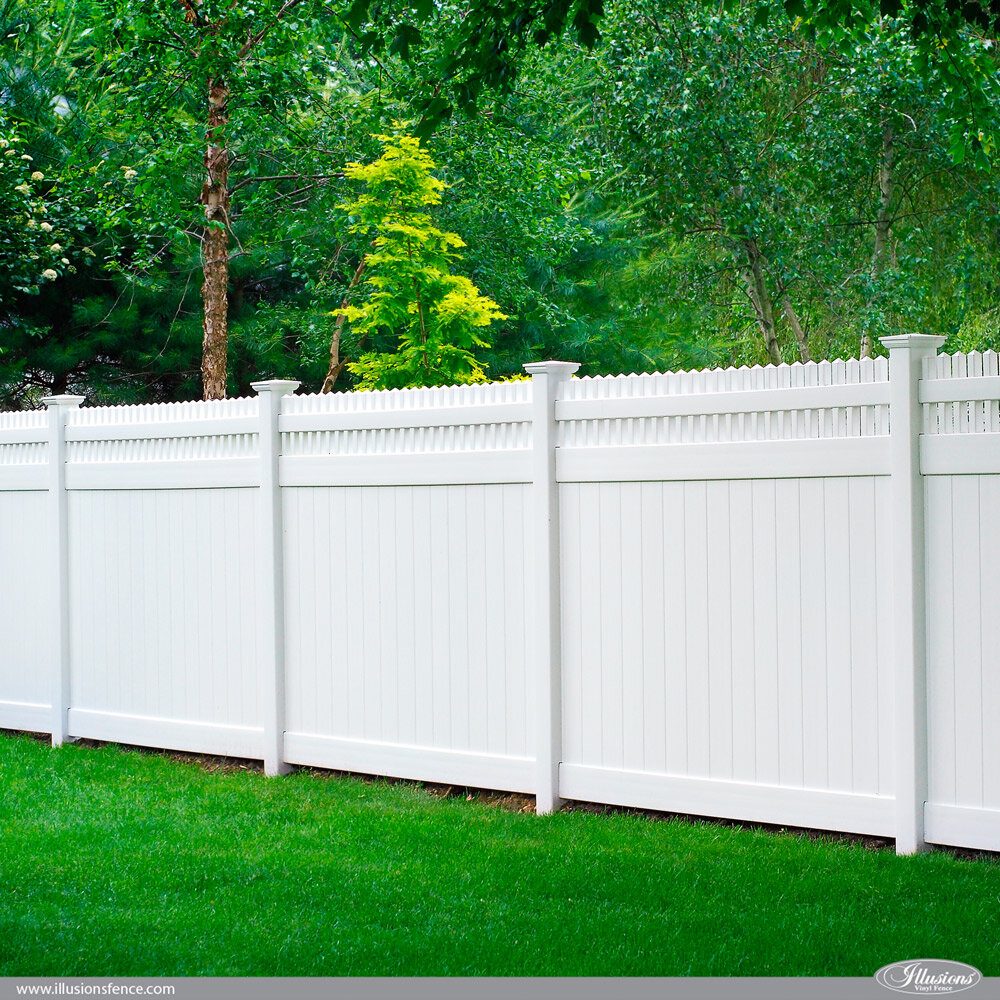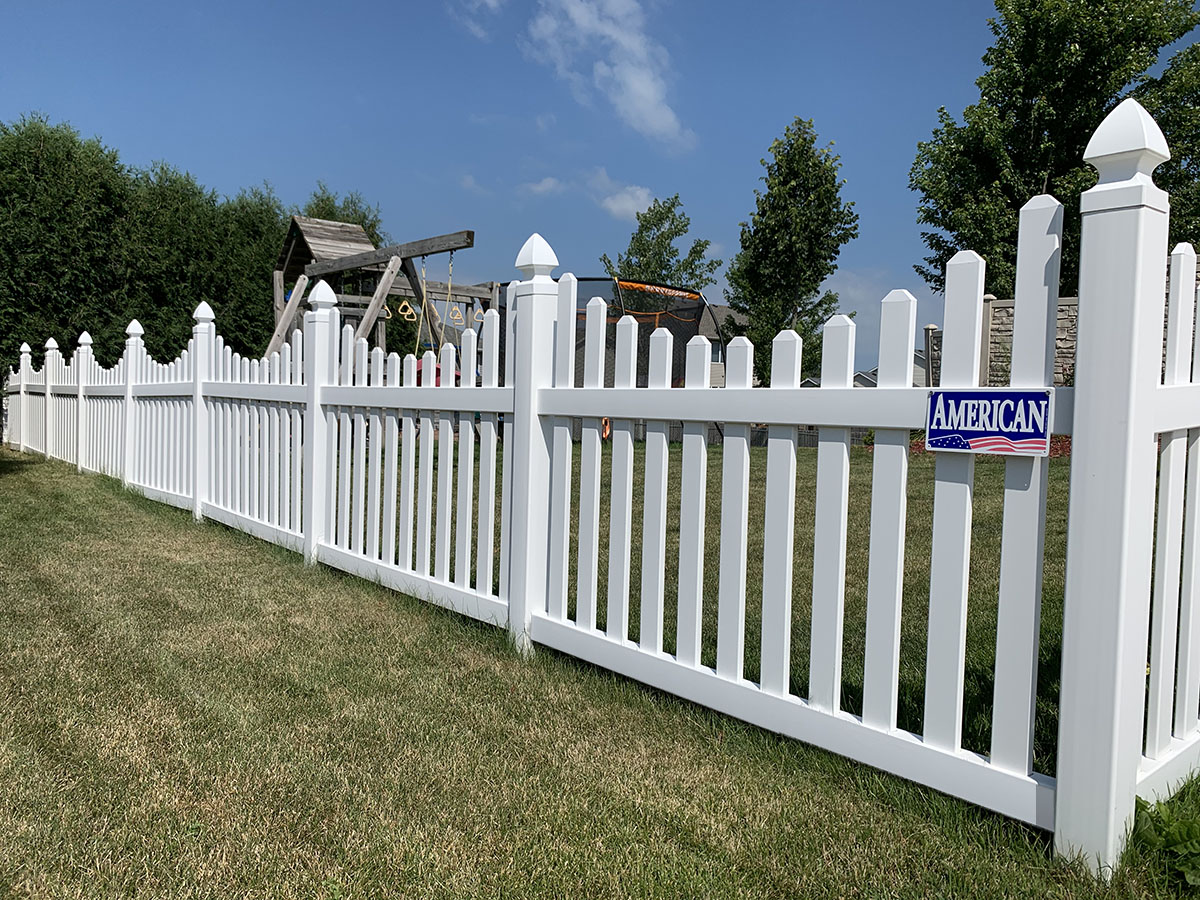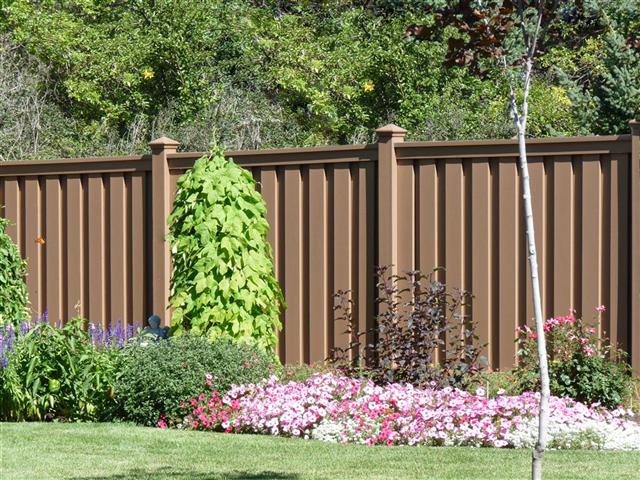Featured

Plastic fencings are known for their low-maintenance appeal and durable sturdiness, making them an excellent option for property owners searching for a useful yet elegant limit for their building. Unlike wood, vinyl does not need continuous painting or securing. Nonetheless, similar to any kind of exterior structure, plastic fences still need periodic cleaning to keep them looking beautiful and to prolong their life expectancy. Right here are several of the best methods for cleaning your plastic fencing.
- Normal Dusting and Sweeping. Routine treatment is vital to prevent particles from building up on your plastic fence. The simplest way to maintain your fence is by frequently brushing up or cleaning off any type of dirt, leaves, or other debris that accumulate.
- Mild Soap and Water for Routine Cleaning. For routine upkeep, a simple soap and water solution functions marvels. It's a simple, effective method to clean your plastic fence without causing damage. Right here's just how to clean your plastic fence with soap and water:
Step 1: Mix a light detergent, such as dish soap, with cozy water in a bucket. Go for around 1/4 mug of soap for each gallon of water. Action 2: Dip a soft cloth, sponge, or non-abrasive brush right into the solution and carefully scrub the surface area of the fencing. Pay interest to dust accumulation on corners, edges, and low-lying locations where grime might accumulate. Action 3: After cleaning the surface, rinse it completely with a yard hose pipe to remove all soap deposit. This approach is terrific for light dirt and grime and can be done every couple of months to maintain the appearance of your fence.
- Utilize a Power Washing Machine for Stubborn Stains. If you've ignored your vinyl fencing for some time, or if it has built-up gunk, mold, or mildew, a power washing machine can be an efficient device for deep cleaning. Nonetheless, you require to utilize the right stress to avoid harming the plastic. Here's just how to safely power wash your plastic fencing:

Action 1: Establish the power washing machine to a low-pressure setup, preferably around 1,500-2,000 psi. High pressure can harm the plastic surface or create it to break. Step 2: Stand at least 2 feet far from the fence and start splashing from the top down. This assists prevent streaks and makes certain that dust is cleaned off efficiently. Step 3: Relocate the power washing machine nozzle in a side-to-side sweeping movement, and make sure to maintain the water stress consistent. Tip 4: Rinse the whole fencing completely with water to remove dirt and detergent deposit. Power cleaning is an outstanding choice for huge fencings or for those with consistent dirt and spots that soap and water can not get rid of.
- Removing Mold and Mildew. In shaded or damp locations, mold and mildew and mold are typical issues for plastic fences. To battle this, you can use an option of vinegar or bleach to remove the growth and sanitize. Right here's just how to treat mold and mildew on your fence:

Action 1: Mix one cup of white vinegar with a gallon of cozy water. Mix 1/4 cup of bleach with a gallon of water. Action 2: Use the option to the affected areas utilizing a soft cloth or sponge. Let it sit for concerning 10-15 minutes. Step 3: Scrub the areas with a non-abrasive brush to raise the mold and mildew or mildew off the surface. Tip 4: Wash thoroughly to get rid of any cleansing service and debris. If you pick to utilize bleach, beware not to spill it on nearby plants or products, as it might cause damage or staining.
- Plastic Fence Cleaners for Difficult Spots. For hard, persistent stains like pen, grease, or tar deposit, you can make use of a specialized vinyl fence cleaner. These items are developed to securely clean vinyl without triggering damage. Be sure to follow the item's directions for best outcomes, and examination it on a little, unnoticeable location of the fence initially.
- Stopping Future Dirt and Spots. While cleansing is necessary, protecting against future discolorations and buildup can make your upkeep regular a lot less complicated. Take into consideration these pointers for long-term maintenance:
Trim plant life: Overgrown plants, vines, or shrubs can catch moisture versus your plastic fence, leading to mold development. Trim neighboring plants to guarantee the fence stays completely dry and clean. Seal spaces and cracks: Evaluate your fence on a regular basis for cracks or spaces, and secure any that you locate to keep dust and water from entering the fence framework. Set up a safety finishing: Some property owners use vinyl-safe protective finishes to their fences. These coverings can act as an obstacle versus dust, UV rays, and water, decreasing the frequency of deep cleansing required. 7. Specialist Cleaning. If you're uncertain concerning cleansing your fencing yourself, or if it needs a deep tidy, consider employing a professional. Many cleaning firms supply fence cleaning company and have the devices and experience to tackle hard spots without damaging your fencing. They can also manage huge or high fencings that may be tough to clean on your own.
Conclusion. Plastic fencings are low-maintenance, but they still need regular care to keep them looking their best. By utilizing light soap and water for regular cleaning, utilizing a power washing machine for stubborn dust, and dealing with mold and mildew or mildew immediately, you can guarantee your vinyl fence stays pristine. Routine cleaning, along with safety nets, will prolong the life of your fencing and maintain it boosting the beauty and security of your building for many years ahead.
Latest Posts
Protect and Enhance Your Home with Weathercraft's Siding Solutions
Published May 26, 25
1 min read
Uncover the Best Auto Repair Deals in Montclare, Chicago
Published May 25, 25
1 min read
How Routine Car Maintenance at Montclare Auto Repair Saves You Money
Published May 25, 25
1 min read
More
Latest Posts
Protect and Enhance Your Home with Weathercraft's Siding Solutions
Published May 26, 25
1 min read
Uncover the Best Auto Repair Deals in Montclare, Chicago
Published May 25, 25
1 min read
How Routine Car Maintenance at Montclare Auto Repair Saves You Money
Published May 25, 25
1 min read